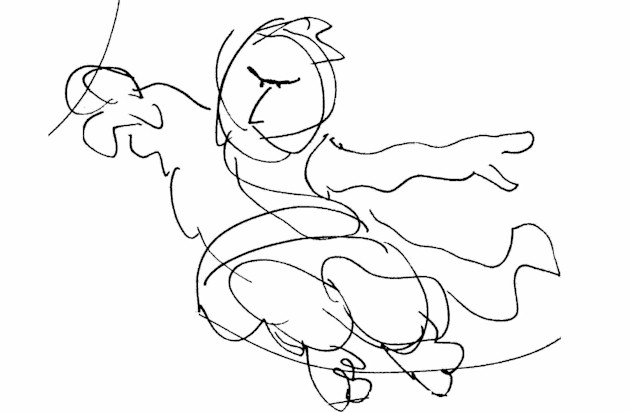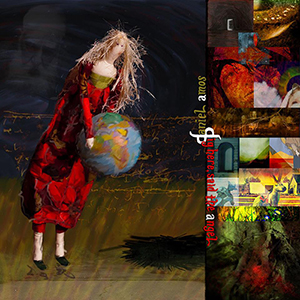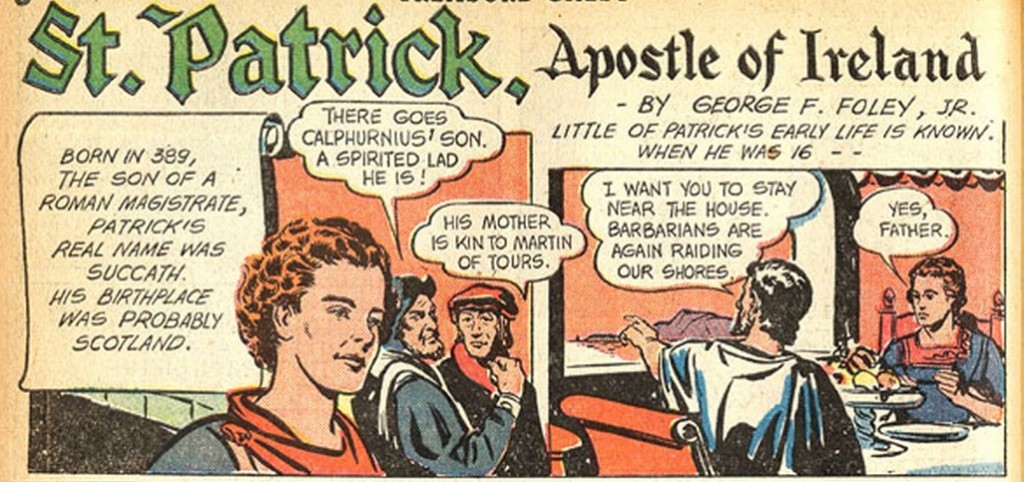Probably just because I’m spending the summertime in England, I’ve been listening to Van Morrison’s song by that name lately. This is not the song I’d send somebody to if they wanted to understand what some people find so fascinating about Van Morrison; there are too many problems with it. But if it catches you, it won’t let go. It’s got everything.
It was a twelve-minute monster of a studio song on Morrison’s 1980 album Common One, and critics immediately lambasted it as disjointed, self-indulgent, and pretentious. Granted, “Summertime in England” is very long, uses every instrument Morrison could get his hands on, has numerous passages that are not clearly related to each other (and are in different time signatures), and includes a rambling spoken-word section full of literary name-dropping. Who knows what worldview is being expressed in the lyrical miasma of literature and mysticism and reverie? Morrison’s delivery makes some of the lines pop out and really work (“Holy magnet gave you attraction”), but mostly I try to follow the advice given in the song: “It ain’t why, it just is.” Or to be more precise, “It ain’t why why why why why why why why why, it ain’t why, it just is.”
And the studio recording is pretty meh, maybe meh plus at the best, even when played really loud.
But Morrison took the critical rejection as some kind of creative provocation, and took the song on the road. He re-imagined it in show after show throughout the 1980s, with whatever assemblage of musicians he had on hand at any given time. The song ballooned up to sixteen minutes or more, it shrunk down to under six minutes. The spoken word ramblings rambled on ever more. That weird, uncontrollable Van Morrison thing happened to it. Audiences started clamoring to hear in concert the song they rejected on record.
Most importantly, Van Morrison started using the song to try out all sorts of new things in his music. It became a creative centerpoint of his repertoire. Critic Peter Mills, in a chapter-length essay entitled “The ‘Liveness’ of ‘Summertime in England,” says “”Of all Morrison’s compositions, this is the song that has exerted most influence over its author, that is, it cleaves most closely to the metaphysical idea of the song teaching the singer.”
Greil Marcus still doesn’t like the song, and consigns it to Morrison’s long “dark ages,” a period between bursts of brilliance, during which the magic just isn’t happening in Morrison’s music. He doesn’t have any praise for it in his book When That Rough God Goes Riding. But the thing that Marcus praises most in Morrison, his “Yarragh,” his ability to put just the right spin or shine or texture on a note that boosts it beyond the assumed boundaries of vocal communication. “It is at the heart of Morrison’s presence as a singer that when he lights on certain sounds, certain small moments inside a song…can then suggest whole territories, completed stories, indistinct ceremonies, far outside anything that can be literally traced in the compositions that carry them.” Well, yes. And it happens in performances of this song, as you can tell even from Youtube:
That ending is an example of one of my favorite Van Morrison effects: filling the stage with about 20 virtuoso musicians and then bringing them to a tense moment of absolute hush: “Can you feel the silence?”
















